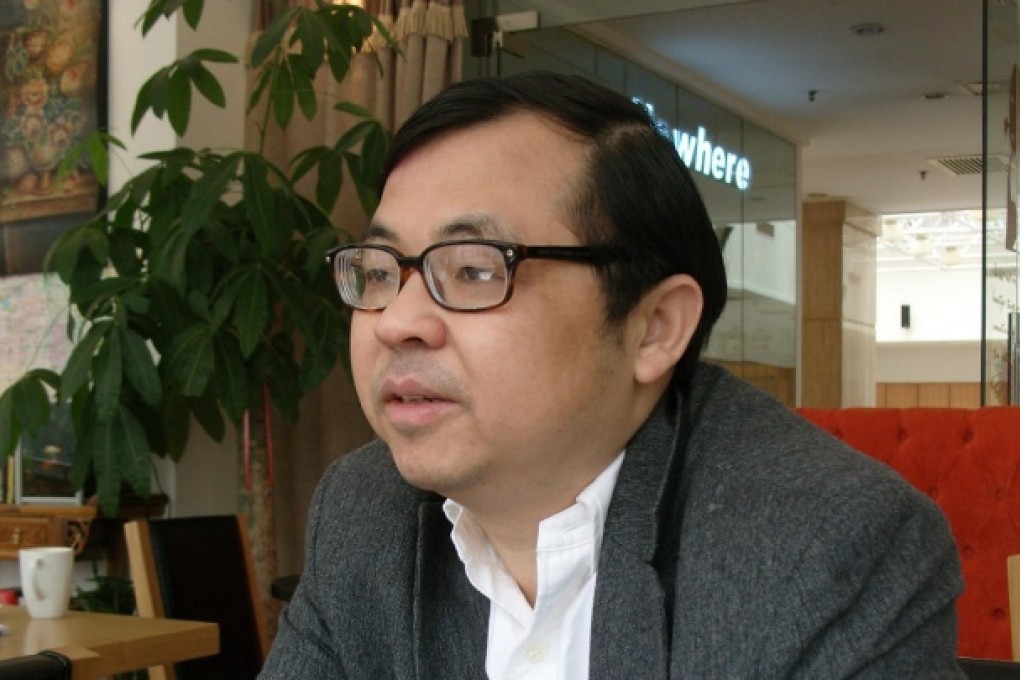Critic of one-child policy in from cold
While a ban on his book has been lifted as attitudes shift, researcher fears any change in policy may be too late for the mainland

Yi Fuxian was trained as a clinic medicine specialist before obtaining a PhD in medicine in the United States, but the Hunan native is better known as a staunch critic of the mainland's one-child policy, or family planning as authorities prefer to call it. His book a daring and critical reflection of the controversial policy, was published in Hong Kong in 2007 and banned on the mainland until recently. The 44-year-old academic talked about what made him openly oppose the one-child policy, and the sea change in official attitude he has seen recently.
I was born in a rural town in western Hunan where the locals have a well-preserved culture of sustainable human reproduction and a strong sense of perpetuating the family. Even when I was very young, I was telling myself that I would have to have at least three children when I married. I went to the US in 1999 to further my studies in pharmacology and later in biology. But another reason I left China was to fulfil my childhood goal of having a big family, which is impossible under China's one-child policy. Not long after I arrived in the US I realised some of the misconceptions about Chinese, even held among the Chinese themselves, including the myth that we as a people have a burning desire for more children. To the contrary, I found out that Chinese-Americans were reluctant to have children. So the Chinese propaganda based on such a misconception is wrong. Then I began to write intensively about the flawed policy, which formed the basis of my book.
The more I looked into it, the more flaws I identified, because many of the statistics or estimates used by the former National Population and Family Planning Commission were either unfounded or misleading. For example, the commission said in the early 1980s that China's population would reach 4 billion by 2050 without population control. It has maintained that the national birth rate has been 1.8 children per family since the 1990s, while my own research backed by census data shows the birth rate declined from 1.5 children to only 1.2 children per family between 1995 and 2000 and has stayed at that level ever since, which is far below a sustainable level of 2.1 children per family. I also did not believe that the country was as deprived of resources as the commission had claimed to justify its drastic family-planning policy. I'm also more convinced that a country's population has been better controlled by natural disasters, epidemics and war, as happened in the past, or by the level of development and people's pursuit of a quality life, as is the case today.
